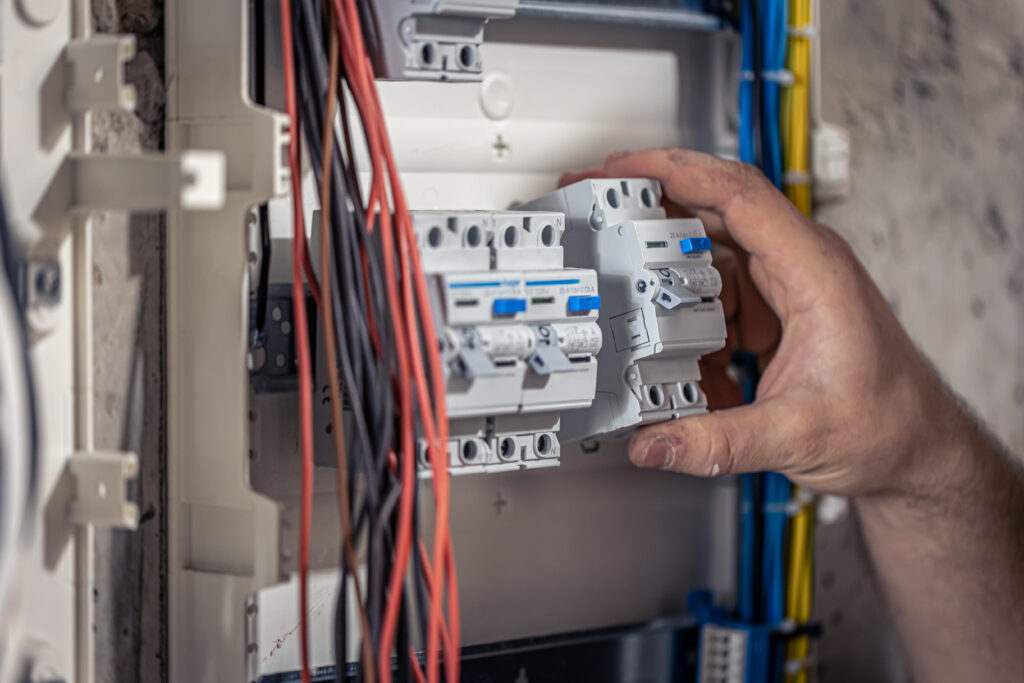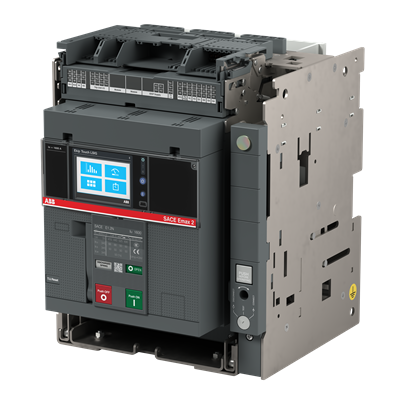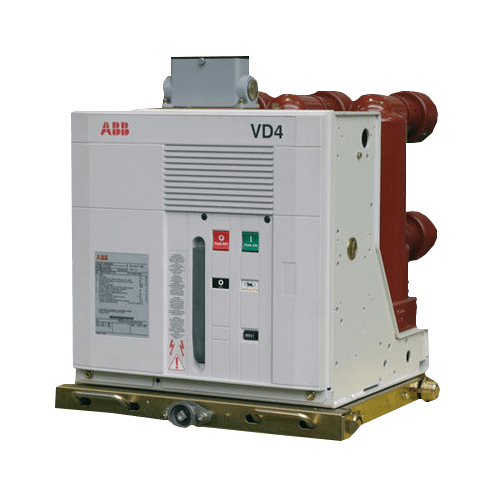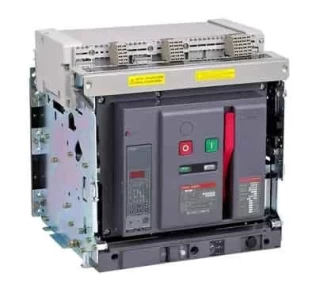MCB (Miniature Circuit Breaker) – Protects against overloads and short circuits in low-current applications.
MCCB (Molded Case Circuit Breaker) – Handles higher current ratings for industrial and commercial systems.
RCCB (Residual Current Circuit Breaker) – Detects leakage currents and prevents electric shocks.
ACB (Air Circuit Breaker) – Used in high-voltage applications to protect large electrical systems.

Everything You Need to Know About Circuit Breakers
Introduction
A circuit breaker is an important component in electrical systems. Circuit breakers come in a variety of voltages, from low to high, and each is employed for a distinct purpose and circumstance. In this blog, we will go over all you need to know about circuit breakers, including their types, applications, importance, and benefits.

What is a Circuit Breaker?
The circuit breaker is an essential switching device that not only controls the flow of electricity but also provides protection for electrical systems by automatically tripping and cutting off power to the load in case of a failure, such as overload, short circuit, or other electrical issues. Circuit breakers are primarily used to switch various types of loads in industrial, commercial, and residential settings, including buildings, complexes, and hotels. Their role is important in maintaining operational reliability and electrical safety across a broad range of applications.
Types of Circuit Breakers
Circuit Breakers series can be categorized into low-voltage circuit breakers, medium-voltage circuit breakers, and high-voltage circuit breakers according to voltage and application. In order to guarantee optimal performance and safety, the classification helps in determining suitability for diverse settings.
The 3 main types of circuit breakers are:-
Circuit breakers diagram
A circuit breaker diagram shows the internal parts and working mechanism of the device. It typically includes components such as fixed and moving contacts, a trip coil, an arc chute, and operating handles. The diagram helps explain how the breaker opens the circuit automatically when excessive current flows, protecting electrical systems from damage caused by overloads or short circuits.
Low Voltage Circuit Breakers
Including Molded Case Circuit Breakers (MCCBs), Air Circuit Breakers (ACBs), Miniature Circuit Breakers (MCBs), and Residual Current Breakers (RCBs).


Medium Voltage Circuit Breakers
Including Vacuum Circuit Breakers (VCBs), Oil Circuit Breakers (OCBs), and SF6 Circuit Breakers in Gas Circuit Breakers.
High Voltage Circuit Breakers
As Air Blast Circuit Breaker (ABCBs)

Applications of Circuit Breakers
Electrical circuit breakers have several uses and applications in various fields. It includes,
- Commercial: Circuit breakers safeguard against faults, overloads, power surges, and other hazards in corporate settings such as hospitals, malls, hotels, and offices.
- Power generation: Circuit breakers protect transmission lines from switching surges, lightning strikes, faults and so on.
- Faults, overloads, short circuits, and other hazards are protected by circuit breakers on rail vehicles such as trains, trams, and metros.
- Industrial: Electric breakers protect industrial equipment, such as pumps, compressors, and fans, from flaws, overloads, phase imbalances, and other risks.
- Power Distribution: Circuit breakers safeguard feeders, induction motors, distribution transformers, and other equipment against overloads, low voltages, and other issues.
Importance of a Circuit Breaker
A circuit breaker’s primary function is to automatically interrupt the flow of electricity when a fault is detected, such as a short circuit, overload, or ground fault.
The following are the main reasons it’s important:
- Protects against electrical faults
- Prevents fire hazards
- Ensures safety for people
- Allows safe maintenance
- Minimizes downtime
- Reduces equipment damage
Conclusion
Circuit breakers are fundamental to the safe and reliable operation of any electrical system. From residential buildings to large industrial facilities, they serve as the first line of defense against electrical faults, helping prevent damage, fires, and power disruptions.
If you’re looking to buy a reliable circuit breaker, our partnership with ABB, a trusted leader in electromechanical solutions, guarantees access to high-performance products. Contact us today, and we will help you find the best solution for your needs.
FAQs
+
-
What are the main types of circuit breakers?
Circuit breakers are categorized by voltage: low (MCBs, MCCBs, ACBs), medium (VCBs, OCBs, SF6), and high (Air Blast). Each type suits different applications and load levels.
+
-
Why are circuit breakers important?
They protect against electrical faults, prevent fires, reduce damage, and ensure safety by automatically cutting off power during issues like overloads or short circuits.
+
-
What are circuit breakers?
Enter text
+
-
What is mcb, mccb, and rccb?
MCB protects against overloads and short circuits, MCCB handles higher current protection, and RCCB prevents electric shock by detecting current leakage.
+
-
What is the working principle of circuit breaker?
The working principle of a circuit breaker is to automatically interrupt the flow of current when a fault, such as an overload or short circuit, occurs. It uses an electromechanical mechanism that senses excessive current and opens the circuit to protect electrical devices and wiring.


 العربية
العربية

